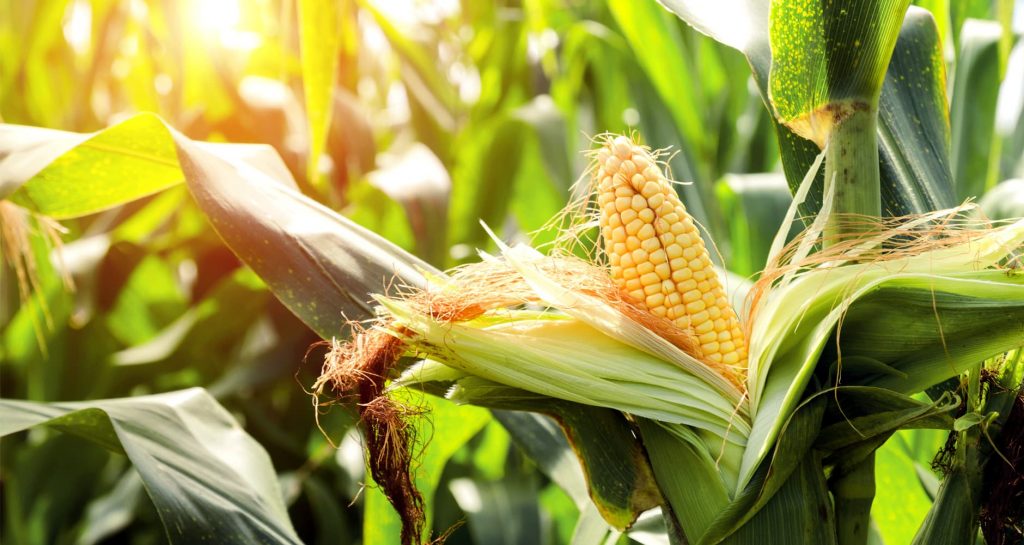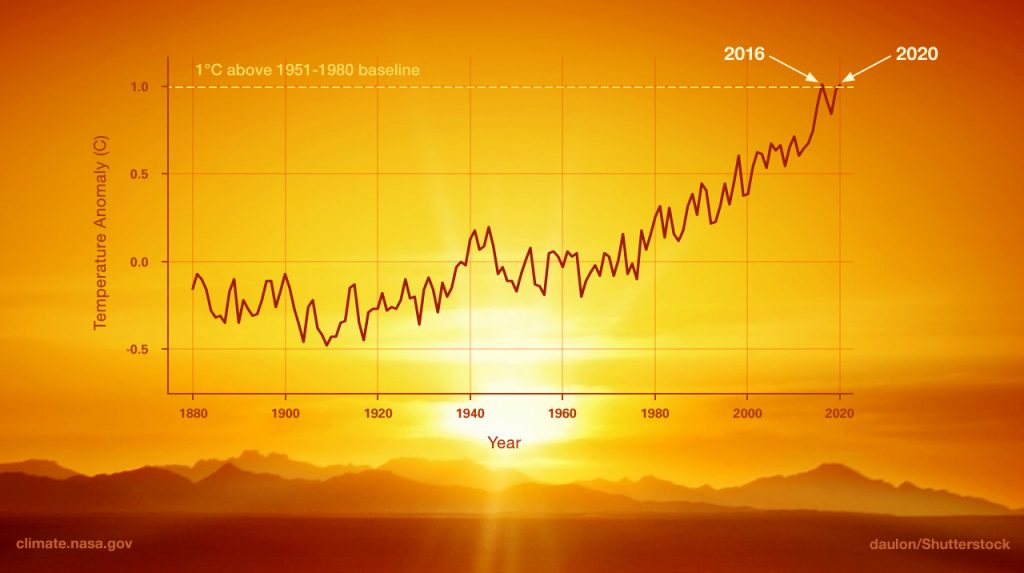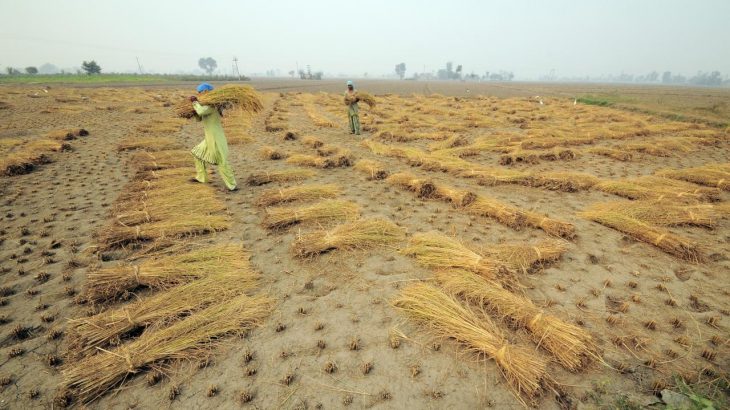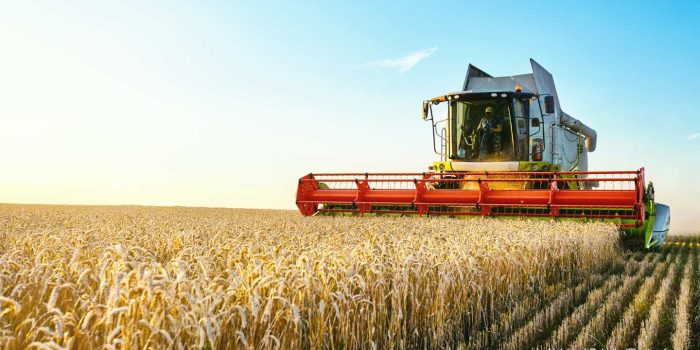Climate change may have an impact on the production of maize and wheat as early as 2030 under high greenhouse gas emissions, according to a new NASA study published in the journal Nature Food. It is an agrarian transition that can devastate the world’s breadbasket.
Using advanced climate and agricultural models, NASA scientists discovered that the change in yields is due to projected temperature increases, shifts in rainfall patterns, and higher surface carbon dioxide concentrations from greenhouse gas emissions. However, even NASA researchers were taken aback by the findings.

“We did not expect to see such a fundamental shift, as compared to crop yield projections from the previous generation of climate and crop models conducted in 2014,” said lead author Jonas Jägermeyr, a climate scientist at NASA’s Goddard Institute for Space Studies, in a statement.
“A 20% decrease from current production levels could have severe implications worldwide.”
The research team used two sets of models to arrive at their projections. First, they used climate model simulations to examine the impact of various greenhouse gas emission scenarios through 2100. These responses differ slightly due to differences in their depictions of the Earth’s climate system.

Crop models, which simulate how crops respond to environmental factors such as temperature, rainfall, and atmospheric carbon dioxide, were then used by the team, which climate models supported. Finally, the team generated approximately 240 global climate-crop model simulations for each crop. The findings persuaded the researchers since they used multiple climate and crop models in various combinations.
According to the findings, maize yields could drop by as much as 24% by 2030. On the other hand, wheat yields could rise by 17% over the same period before plateauing around mid-century.
“What we’re doing is driving crop simulations that are effectively growing virtual crops day-by-day, powered by a supercomputer, and then looking at the year-by-year and decade-by-decade change in each location of the world,” said Alex Ruane, a coauthor of the paper and co-director of the GISS Climate Impacts Group, in the statement.

Although the data on wheat and maize yields was transparent, the models did not provide a clear picture of the effects on other crops like rice and soy. Even if drastic measures are adopted, the agricultural repercussions could be catastrophic.
“Even under optimistic climate change scenarios, where societies enact ambitious efforts to limit global temperature rise, global agriculture is facing a new climate reality,” Jägermeyr said, noting that given our global food system, “impacts in even one region’s breadbasket will be felt worldwide.”


